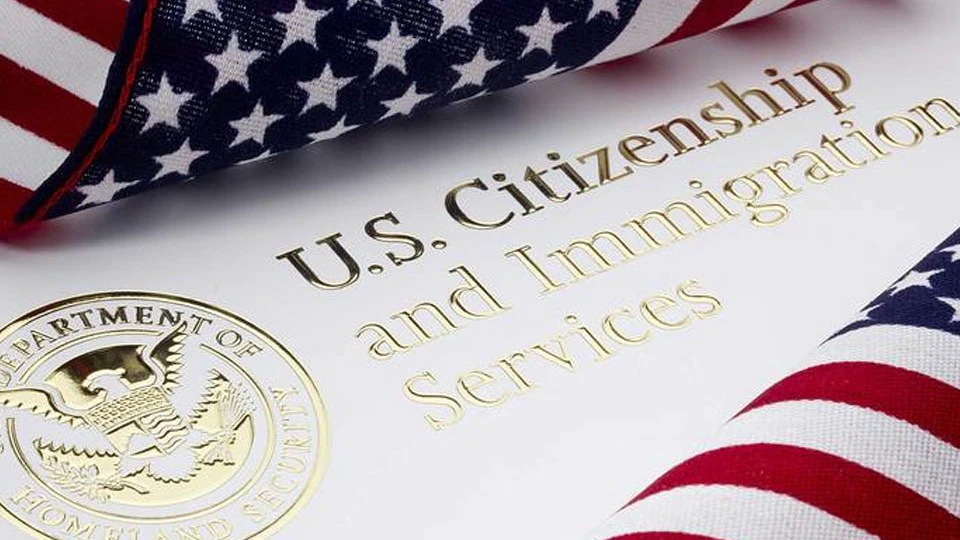What Is Naturalization?
Naturalization is the legal process through which a foreign national becomes a U.S. citizen after meeting all requirements set by U.S. Citizenship and Immigration Services (USCIS). It allows lawful permanent residents (green card holders) to gain full citizenship rights, including the right to vote, obtain a U.S. passport, and sponsor family members. US Naturalization Process begins with meeting key requirements and mapping out each step before you apply. First, confirm you hold a green card and meet the minimum residency period—five years for most applicants or three years if married to a U.S. citizen. Next, gather proof of your residence, tax filings, and any travel records to document continuous presence. Then, plan time for study: reserve weeks to review English and civics materials from the USCIS Citizenship Resource Center. Finally, schedule your biometrics appointment and interview early to avoid delays. By laying out deadlines, organizing documents, and setting study goals, you turn a complex process into a clear, manageable path to citizenship.
Eligibility Criteria
Meeting USCIS requirements means you plan ahead and verify every detail. Below is a deeper look at each criterion:
1. Age: 18 Years or Older
You must be at least 18 on your Form N‑400 filing date. USCIS rejects applications filed by minors. If you filed early, USCIS will issue a denial without review of other criteria.
2. Continuous Residency
-
Standard Rule: Live in the U.S. as a lawful permanent resident (green card holder) for 5 years straight before filing.
-
Spouse of a U.S. Citizen: Qualify after 3 years if you remain married and cohabitating with your U.S. citizen spouse.
-
Maintain Presence: Do not take trips abroad longer than six months without getting a reentry permit. Extended absences reset your residency clock.
3. English & Civics Tests
Before your interview, you must:
-
English Test – Demonstrate basic reading, writing, and speaking.
-
Civics Test – Answer at least 6 of 10 questions on U.S. history and government.
Use the USCIS Citizenship Resource Center for study materials and free practice tests.
4. Good Moral Character
USCIS evaluates your conduct over the residency period. Disqualifying factors include:
-
Felony convictions
-
Immigration fraud
-
Failure to pay child support
Keep court records and police clearances ready. Any unresolved legal matter can delay or block approval.
By checking each requirement against your personal history and documentation, you build a strong, error‑free application.
Common Pitfalls in the US Naturalization Process
Even qualified applicants can face delays—or denials—if they make preventable mistakes during the naturalization process. Below are the most common pitfalls and how to avoid them:
1. Incomplete Form N-400 Submission
One of the most frequent issues is submitting Form N-400 with missing information, unsigned pages, or incorrect filing fees. USCIS will reject your application if:
-
You forget to sign any part of the form.
-
Required documents (e.g., copy of green card, marriage certificate) are not included.
-
You submit an outdated version of the form or pay the wrong fee.
Tip: Always double-check the current fee and filing instructions before submitting.
2. Missing the Biometrics Appointment
After filing, USCIS schedules a biometrics appointment to collect your fingerprints and photo. If you miss this without rescheduling, your application may be denied.
Tip: Mark the date immediately and request a new date only through proper USCIS channels.
3. Poor Preparation for the Civics and English Tests
Many applicants underestimate the difficulty of the civics and English portions. Failing either delays your approval and may require retesting.
Tip: Use official study tools at the USCIS Citizenship Resource Center, and take multiple practice tests.
4. Unreported or Long International Travel
Trips outside the U.S. longer than six months can disrupt your required continuous residency. Failing to disclose travel on your application can lead to denial.
Tip: List all trips on Form N-400 and gather evidence (boarding passes, tax records) to prove your U.S. presence if needed.
5. Poor Document Organization
Disorganized or missing records cause confusion during the interview.
Tip: Create a well-labeled folder or binder that includes:
-
Copies of your green card and ID
-
Tax returns
-
Proof of residence
-
Travel history
-
Any court or police documents (if applicable)
Prepare early, review instructions carefully, and seek legal advice if you’re unsure. Avoiding these pitfalls helps you move smoothly through the USCIS naturalization process.
FAQs
What is Form N‑400?
It is the official application form used to apply for U.S. citizenship through naturalization.
How long does processing take?
Processing typically takes 8 to 12 months, but it may vary by USCIS field office.
Can I travel during processing?
Yes, as long as your green card is valid and you maintain U.S. residency.
Where can I study for the tests?
Use free study materials at the USCIS Citizenship Resource Center.
Conclusion
The US Naturalization Process requires careful preparation, accurate documentation, and a full understanding of eligibility rules. By avoiding common mistakes and using official USCIS resources, you increase your chances of success. Stay informed, follow each step closely, and take the process seriously—citizenship is a privilege earned through commitment and lawful effort.
Maple Crest Immigration Law Firm
Ready to begin your journey to U.S. citizenship? Let the experts at Maple Crest Law guide you every step of the way. From preparing your Form N-400 to interview coaching and document review, we provide trusted, personalized support to help you avoid costly mistakes.
Book a consultation today and take the first step toward becoming a U.S. citizen with confidence.


